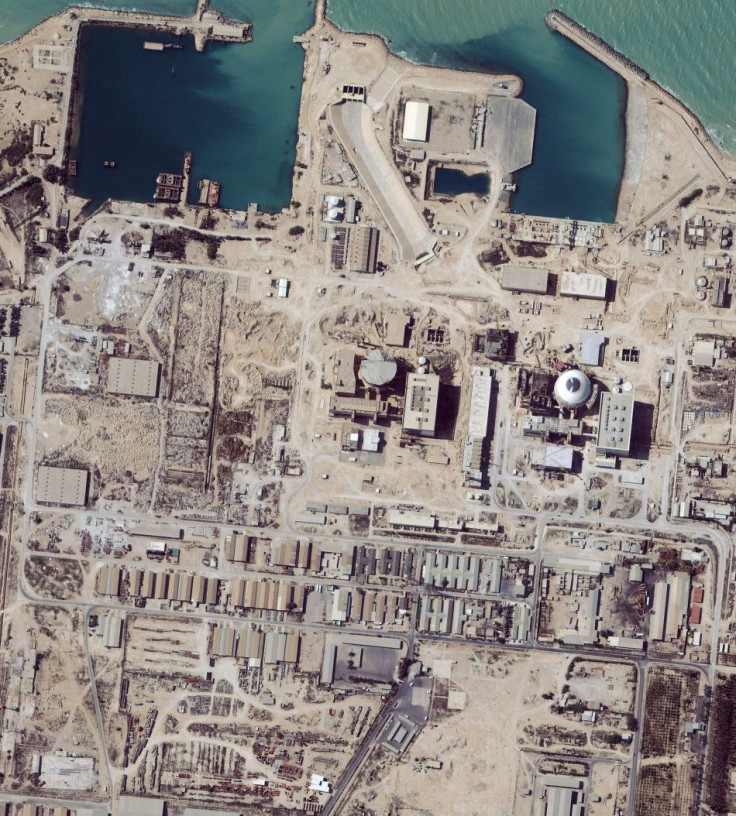Iran and Israel: Threats and Counter-Threats

A top Israeli official said that his country will not be influenced by the opinions of foreign nations in deciding whether or not the Jewish state will attack Iran.
Foreign minister Avigdor Lieberman told Israeli TV that warnings from the U.S. and Russia against such a military action would have no bearing on Israel’s decision.
The security of the citizens of Israel, the future of the state of Israel, this is the Israeli government's responsibility, he said.
Speculation has intensified that Israel may launch a strike on Iran’s nuclear plants amidst fears that Teheran is developing nuclear weapons -- a program that could spell a dire threat to the very existence of Israel.
Western powers, including the United States and the European Union, have imposed draconian economic sanctions on Iran’s key oil sector, hoping to pressure the Islamic Republic into giving up its nuclear ambitions.
Russian officials have warned that an Israeli strike on Iran would be nothing short of catastrophic.
Of course any possible military scenario against Iran will be catastrophic for the region and for the whole system of international relations, Russia’s Deputy Foreign Minister Gennady Gatilov told reporters at a news conference.
Therefore I hope Israel understands all these consequences ... and they should also consider the consequences of such action for themselves.”
Meanwhile, a delegation from the UN’s International Atomic Energy Agency (IAEA) returned from Iran empty-handed after they were barred from entering a sensitive military site at Parchin, near Teheran.
Last November, the IAEA published a report strongly suggesting that Iran is pursing the development of an atomic bomb.
However, some Iranian officials are seeking to defuse the tensions.
The Persian ambassador to Russia said Iran does not have a policy of conducting pre-emptive military strikes in response to perceived threats from other countries.
“We have no policy of taking action to pre-empt attacks against us,” Mahmoud-Reza Sajjadi told reporters in Moscow.
Sajjadi's comments directly contradict a statement made on Tuesday by Iranian army chief Mohammad Hejazi that Teheran would mull pre-emptive action if it felt threatened by foreign powers.
Regarding the IAEA’s failure to enter Parchin, Sajjadi noted: “In Iran, we’ve heard nothing about the IAEA requesting a visit to Parchin. Parchin isn’t a place where nuclear activities are being carried out, but is part of Iran’s defense industry.”
© Copyright IBTimes 2024. All rights reserved.











